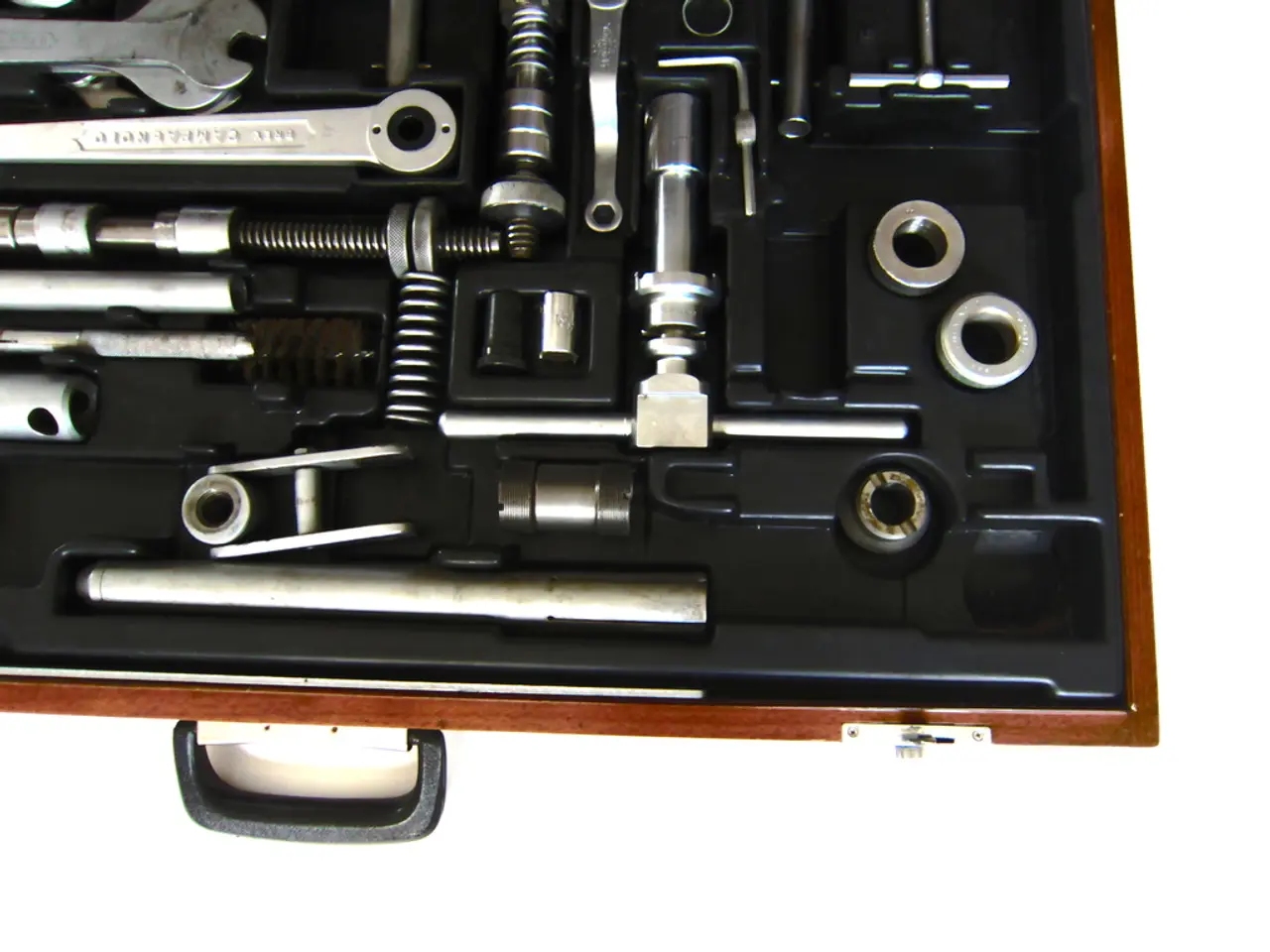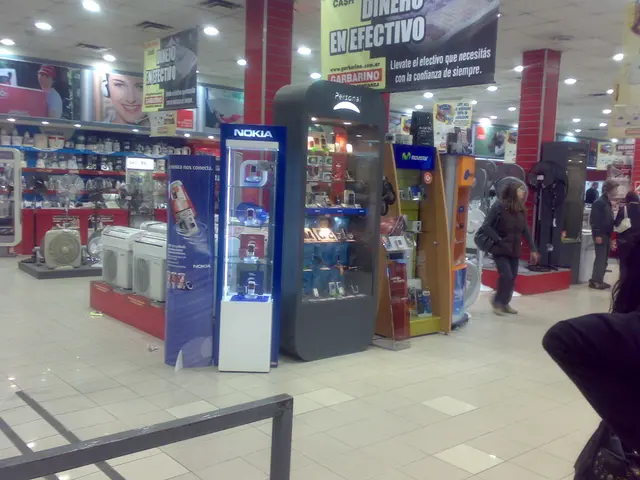Julia: The High-Performance Language for Data Analysis
Julia, a high-performance programming language for data manipulation and analysis, was released in open-source in February 2012. It aims to combine the speed of C with the usability of Python, the statistical capabilities of R, and the power of Matlab for linear algebra. Julia's developers, including John Myles White, have been promoting its capabilities and future plans at events like the Statistical Programming DC Meetup group.
Julia stands out for its efficiency and ease of use. Most of its code is written in Julia itself, contributing to its high performance in scientific and numerical computing. This allows it to handle complex simulations, such as cosmic evolution, on standard laptops, as demonstrated by the Effort.jl project in cosmology. In the economy, while explicit examples are scarce, Julia's capabilities in high-performance computations and simulations are gaining traction in industry and research.
Julia's developers aim to create a language that is easy to use and understand, unlike faster languages like C and FORTRAN. It optimizes computations based on different data types, reducing the need for users to remember specialized functions. An extensive summary of Julia's capabilities can be found in the core developers' summary paper. However, some skeptics question Julia's ability to match the value added by the vibrant communities supporting R and Python, while others see its potential for a wide range of data science applications.
Julia, a high-performance programming language for data manipulation and analysis, is growing in use, particularly in physics, climate research, and industries where high-performance computations and simulations are critical. Despite some skepticism, its potential for a wide range of data science applications is recognized. Julia's developers continue to promote its capabilities and overcome the shortcomings of popular numerical and statistical programming languages like R and Matlab, which struggle with scalability and performance with large datasets.
Read also:
- Development of Restaurant Apps: Expenses and Essential Elements
- European transportation's sustainability and competitiveness rely on a "green industrial agreement" that serves the interests of both corporations and residents, as discussed in an Editorial from August 2024.
- Germany's Auto Production Plunges 29% as Production Shifts East
- Karyn Coates Named ASI's Executive Director for LogoMall, Affiliate Relations, and Membership Information








